There are several different sources of protein which are more of a natural source and is more cost-effective in the long run. Although protein powders are very convenient, most of them are highly processed, and the cost can add up over time. Adding different forms of protein also prohibits your body from producing negative gut and immune reactions. Make sure you are continually cycling your protein sources due to this fact.
Ten nourishing food sources that build muscle
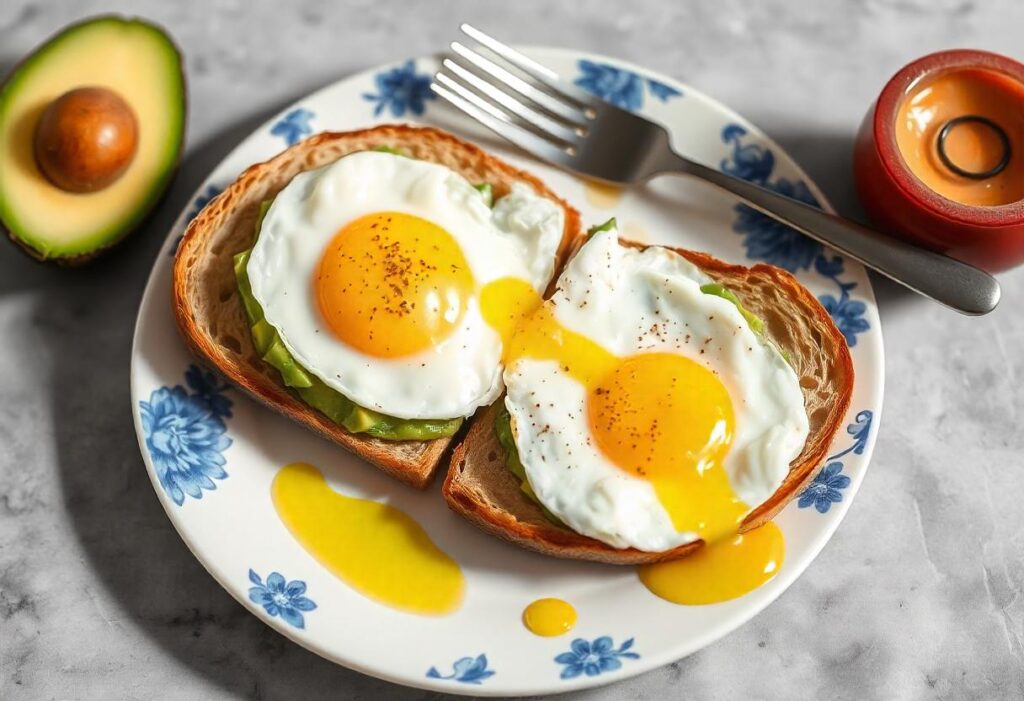
One: Eggs.
Eggs are a great source of protein, which is essential for building muscle. They also contain vitamins and minerals that are important for overall health. One large egg contains about 6 grams of protein and only 70 calories. In addition to protein, eggs are also a good source of vitamin D, which is important for bone health.
Eggs are also a versatile food that can be prepared in many ways. They can be boiled, fried, scrambled, or poached. They can be eaten on their own or used as an ingredient in many dishes, such as omelets or frittatas.
It is important to note that the yolk of the egg contains more calories and fat than the egg white, but it also contains more vitamins and minerals. Therefore, it is recommended to eat whole eggs in moderation as part of a balanced diet.
Overall, eggs are a great addition to a muscle-building diet due to their high protein content and versatility in preparation.
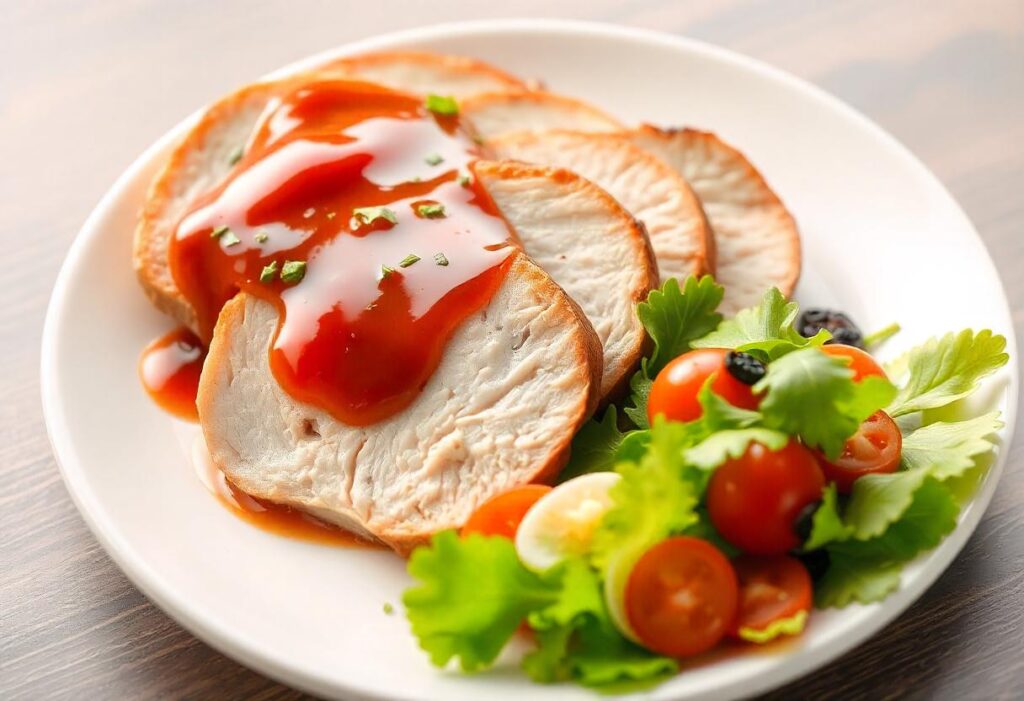
Two: Turkey breast.
Turkey breast is a great source of protein and is often recommended for those looking to build muscle. It is a lean meat that is low in fat and calories, making it an excellent choice for those watching their weight. Turkey breast is also rich in essential amino acids, which are the building blocks of muscle tissue.
Here are some nutritional facts about turkey breast:
| Nutrient | Amount per 100g |
|---|---|
| Calories | 104 |
| Protein | 22g |
| Fat | 1.2g |
| Carbohydrates | 0g |
| Fiber | 0g |
As shown in the table, turkey breast is low in fat and carbohydrates and high in protein. It is also a good source of vitamins and minerals such as niacin, vitamin B6, and phosphorus.
It is important to note that the nutritional content of turkey breast can vary depending on the cut and cooking method. For example, skinless turkey breast is lower in fat and calories than with skin. Additionally, cooking methods such as grilling or baking can help retain the nutritional value of the meat.
Overall, turkey breast is a great addition to a muscle-building diet due to its high protein and low fat and calorie content.
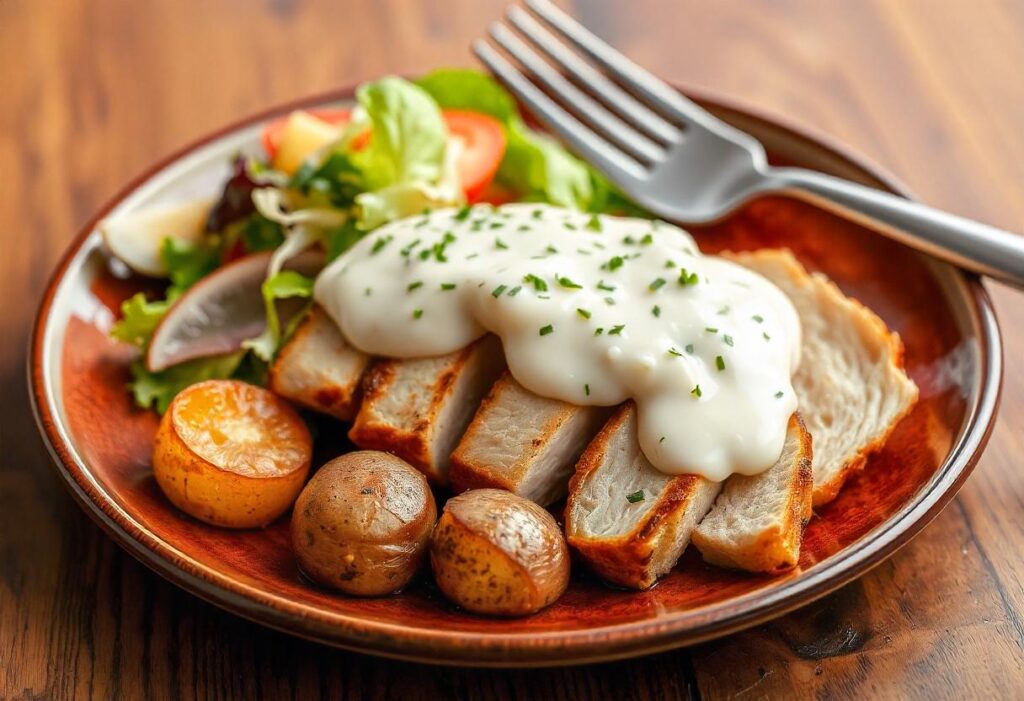
Three: Chicken breast.
Chicken breast is a popular food choice for those looking to build muscle. It is a great source of high-quality protein, which is essential for muscle growth and repair. In addition to protein, chicken breast also contains essential vitamins and minerals that are important for overall health.
Here are some key nutritional facts about chicken breast:
| Nutrient | Amount per 100g |
|---|---|
| Protein | 31g |
| Fat | 3.6g |
| Calories | 165 |
| Vitamin B6 | 0.5mg |
| Niacin | 13.7mg |
| Phosphorus | 250mg |
| Selenium | 24.7mcg |
As you can see, chicken breast is a low-fat, high-protein food rich in important vitamins and minerals. This makes it an ideal food choice for anyone looking to build muscle.
It is important to note that the nutritional content of chicken breast can vary depending on the breed of chicken and how it was raised. For example, a study comparing different breeds of chicken found that the nutritional content of the meat can vary significantly [1]. Therefore, choosing high-quality chicken breast is important to ensure you get the most nutritional benefits.
In summary, chicken breast is a great food choice for anyone looking to build muscle. It is a rich source of protein, vitamins, and minerals and can be easily incorporated into a healthy diet.
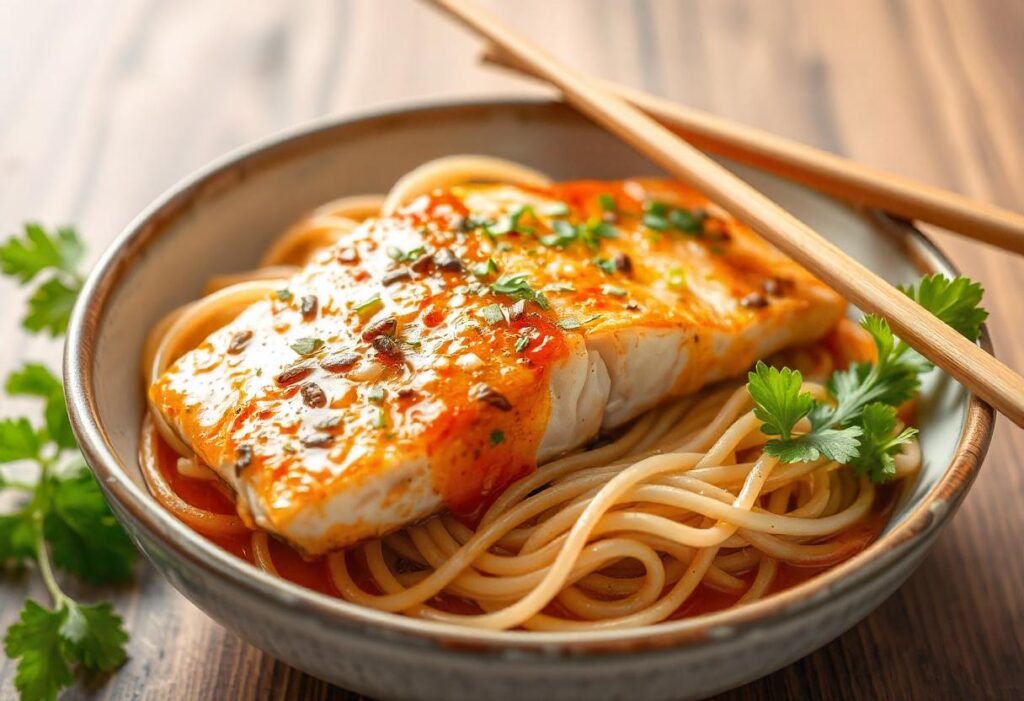
Four: Salmon.
Salmon is a popular fish rich in protein and omega-3 fatty acids. Due to its high protein content, it is a great food source for building muscle. A 3-ounce serving of salmon contains approximately 22 grams of protein. In addition to protein, salmon is also rich in vitamin D, which is important for maintaining strong bones.
Salmon is also a good source of omega-3 fatty acids essential for heart health. Omega-3 fatty acids have been shown to reduce inflammation, lower blood pressure, and improve overall cardiovascular health.
When purchasing salmon, it is important to look for wild-caught salmon instead of farm-raised salmon. Wild-caught salmon is generally considered a healthier option because it is less likely to contain contaminants and has a better nutritional profile.
Salmon can be prepared in various ways, including grilling, baking, and broiling. It can also be added to salads or used as a sandwich topping.
| Nutrient | Amount per 100g |
|---|---|
| Protein | 20g |
| Calories | 206 |
| Total Fat | 12g |
| Saturated Fat | 2.5g |
| Omega-3 Fatty Acids | 2.3g |
| Vitamin D | 12.5mcg |
| Sodium | 50mg |
Salmon is a nutritious and delicious food source that is great for building muscle and maintaining overall health.
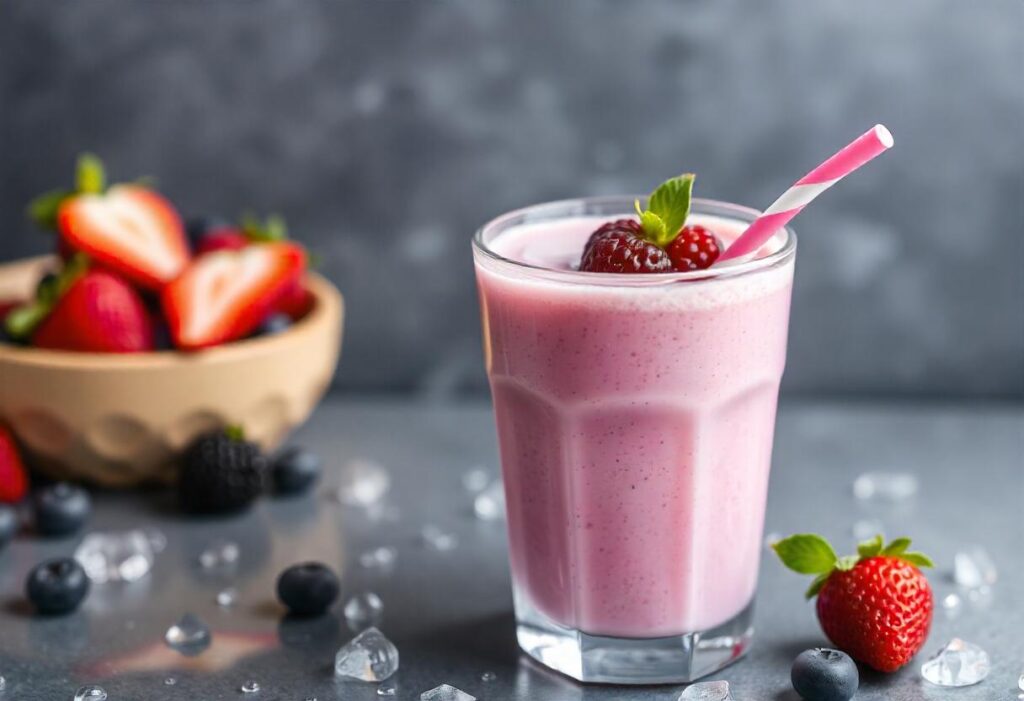
Five: Protein powders.
Protein powder is a popular supplement among athletes and fitness enthusiasts. It is a convenient way to increase protein intake, essential for building and repairing muscle tissue. Many different types of protein powder are available, including whey, casein, soy, and pea protein.
Whey protein is the most popular type of protein powder. It is a complete protein containing all nine essential amino acids that the body cannot produce independently. Whey protein is quickly absorbed by the body, making it an ideal choice for post-workout recovery.
Casein protein is another popular option. It is a slow-digesting protein, providing a steady stream of amino acids to the muscles over a longer period. This makes it a good choice for a nighttime protein shake.
Soy protein is a plant-based protein that is suitable for vegetarians and vegans. It is a complete protein, but it may not be as effective at building muscle as whey protein.
Pea protein is another plant-based option gaining popularity. It is also a complete protein and is easily digestible, making it a good choice for those with dairy or soy allergies.
It is important to choose a high-quality protein powder and to consume it as part of a balanced diet. Protein powder should not be used as a substitute for whole foods.
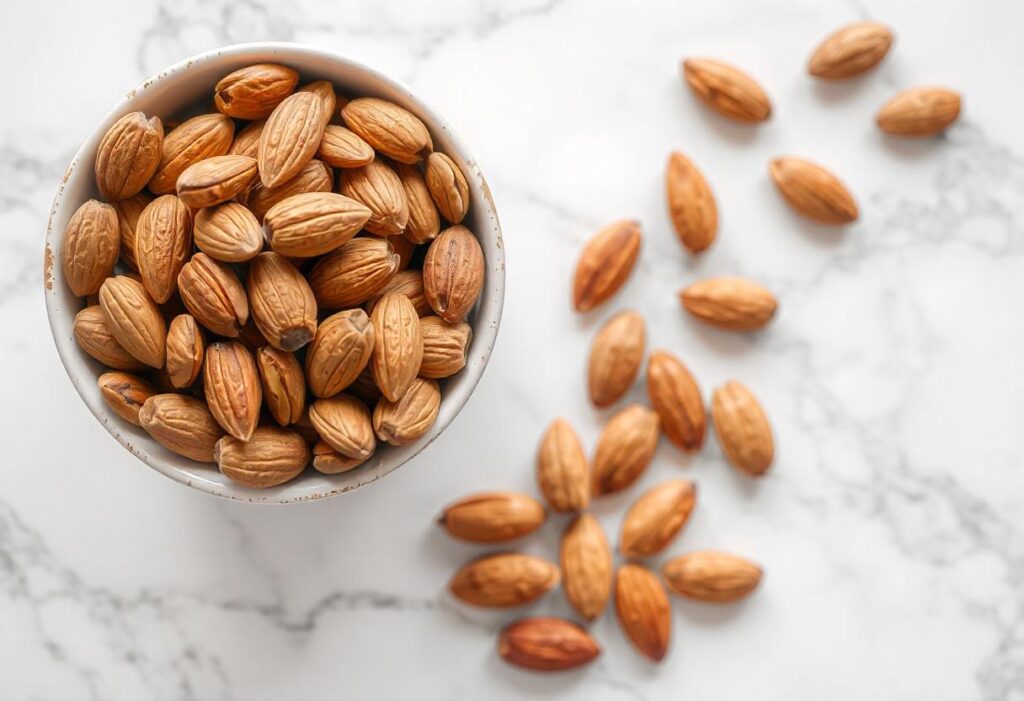
Six: Almonds.
Almonds are a great source of protein and healthy fats, making them popular for those looking to build muscle. They are also rich in vitamins and minerals, including vitamin E, magnesium, and potassium, essential for muscle function and recovery.
One ounce (28 grams) of almonds contains approximately 6 grams of protein, making them a convenient and portable snack for on-the-go muscle building. They also contain dietary fibre, which can help regulate digestion and promote feelings of fullness.
Almonds can be enjoyed in various ways, including as a snack, added to smoothies or salads, or used as a topping for oatmeal or yogurt. While almonds are nutritious, they are also high in calories, so portion control is key.
| Nutrient | Amount per 1 oz (28g) |
|---|---|
| Protein | 6g |
| Fat | 14g |
| Fiber | 3.5g |
| Vitamin E | 37% of the Daily Value (DV) |
| Magnesium | 20% of the DV |
| Potassium | 6% of the DV |
Overall, almonds are a versatile and nutrient-dense food that can be valuable to a muscle-building diet.
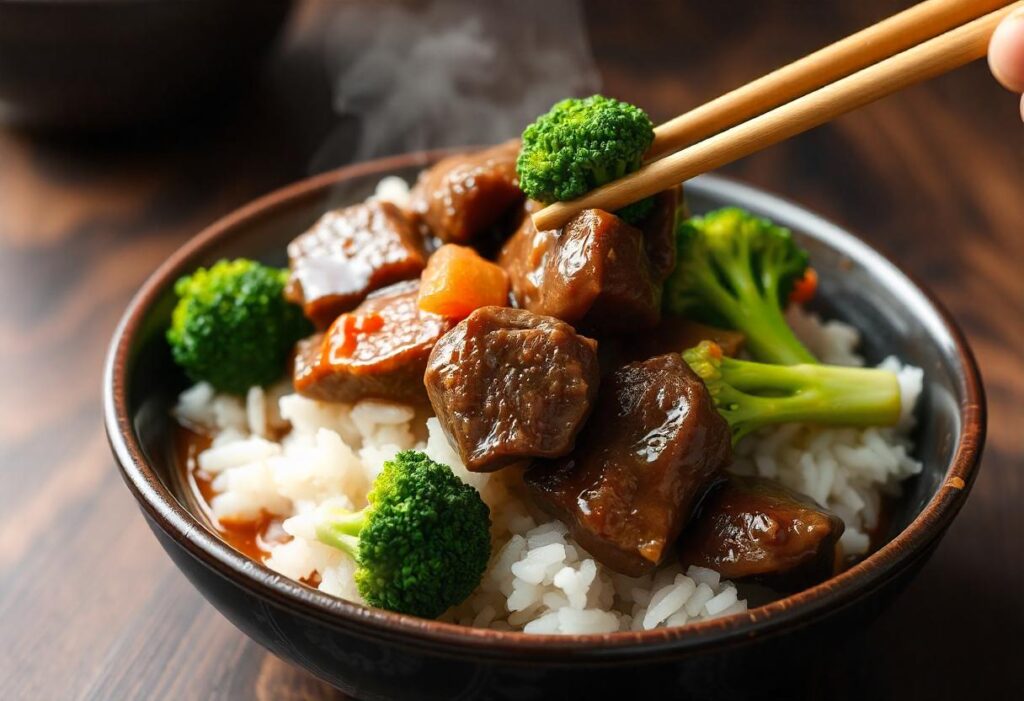
Seven: Broccoli.
Broccoli is a cruciferous vegetable known for its high nutritional value. It is an excellent source of vitamin C, vitamin K, folate, and fiber. Additionally, broccoli contains a range of other nutrients, such as potassium, iron, and calcium.
Broccoli is also a good source of plant-based protein, making it an ideal choice for those looking to build muscle. One cup of cooked broccoli contains approximately 3 grams of protein.
Moreover, broccoli contains a compound called sulforaphane, which has been shown to have anti-inflammatory properties. This can be beneficial for muscle recovery after exercise.
To incorporate broccoli into your diet, try steaming or roasting it as a side dish, adding it to salads or stir-fries, or consuming it in soup or smoothies.
Overall, broccoli is a highly nutritious vegetable that can be a valuable addition to any muscle-building diet.
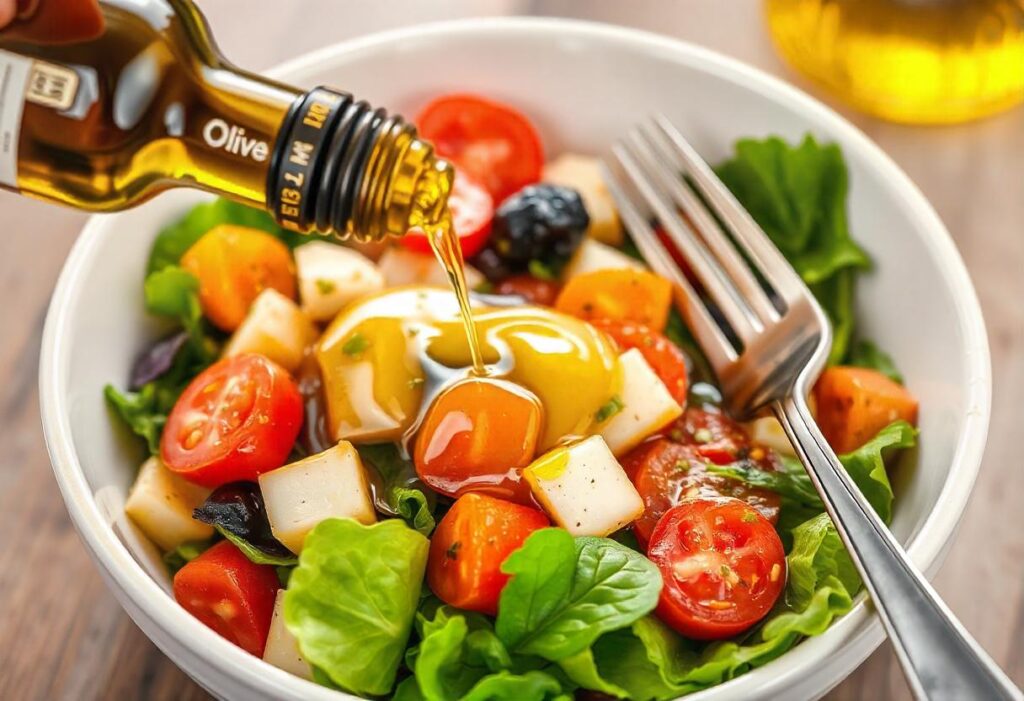
Eight: Olive oil.
Olive oil is a staple in the Mediterranean diet and is known for its numerous health benefits. It is rich in monounsaturated and polyunsaturated fats, essential for building muscle. It also contains antioxidants that help reduce inflammation and protect against chronic diseases.
Here are some key nutritional facts about olive oil:
| Nutrient | Amount per 1 tbsp (15 ml) |
|---|---|
| Calories | 120 |
| Fat | 14 g |
| Saturated fat | 2 g |
| Monounsaturated fat | 10 g |
| Polyunsaturated fat | 2 g |
| Vitamin E | 2 mg |
Olive oil can be used in a variety of ways, such as cooking, dressing salads, and dipping bread. It is important to choose high-quality extra virgin olive oil, as it contains the most nutrients and is less processed than other types of olive oil.
Including olive oil in a balanced diet can help promote muscle growth and overall health. However, due to its high calorie content, it should be consumed in moderation.
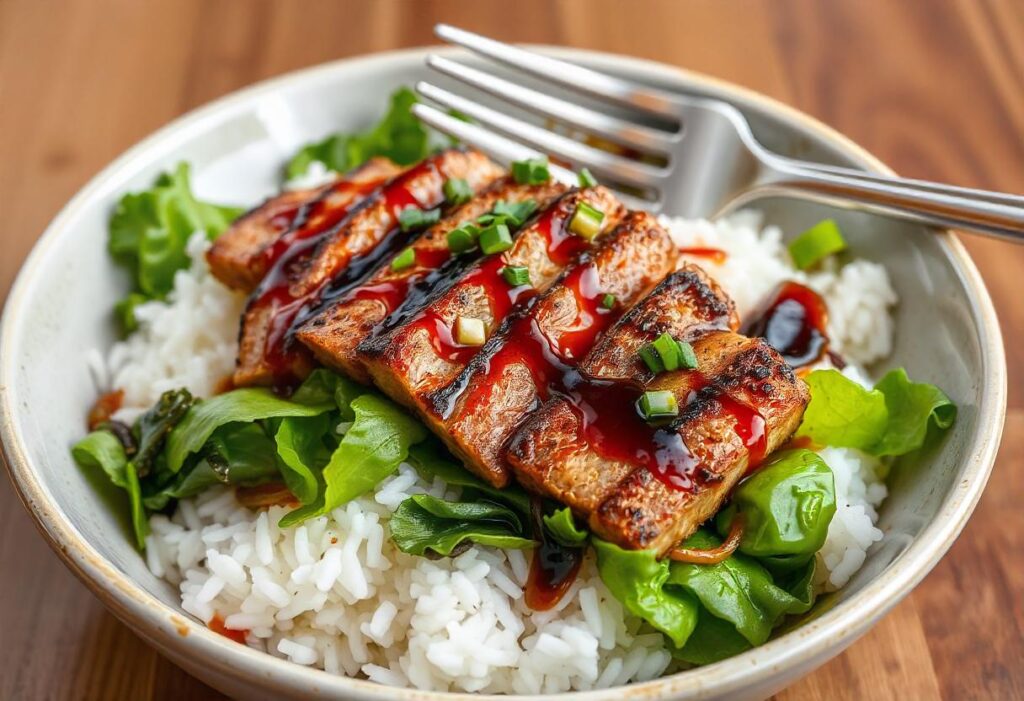
Nine: Tuna.
Tuna is a type of fish rich in protein, omega-3 fatty acids, and other essential nutrients. Due to its muscle-building properties, it is a popular food source among athletes and bodybuilders. Tuna is also low in calories and fat, making it an excellent food choice for those looking to maintain or lose weight.
Here are some key nutritional facts about tuna:
- A 3-ounce serving of canned tuna in water contains approximately 20 grams of protein and only 100 calories.
- Tuna is a good source of omega-3 fatty acids, which are important for heart health and brain function.
- Tuna is also high in vitamin D, essential for strong bones and a healthy immune system.
- However, it is important to note that some types of tuna, such as bluefin tuna, can contain high levels of mercury. Therefore, it is recommended that you limit your consumption of these types of tuna.
Tuna is a nourishing food source that can help build muscle and support overall health.
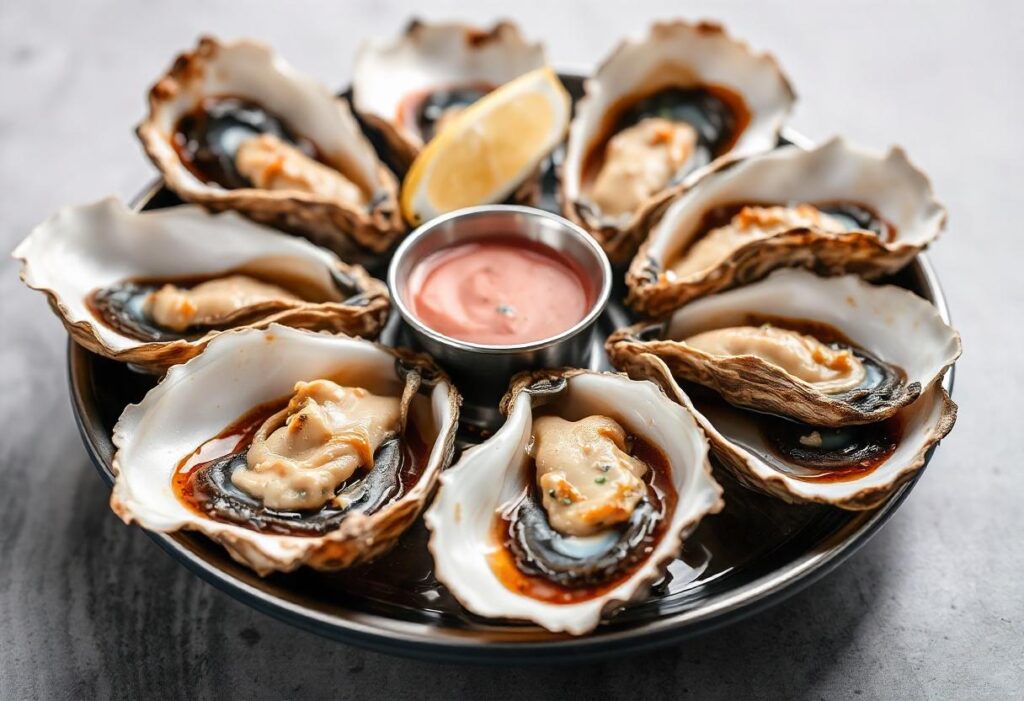
Ten: Oysters.
Oysters are a type of bivalve mollusc rich in protein, vitamins, and minerals. They are also a good source of omega-3 fatty acids, which are important for building muscle and maintaining overall health.
| Nutrient | Amount per 100g |
|---|---|
| Protein | 9g |
| Vitamin B12 | 21µg |
| Zinc | 16mg |
| Iron | 3.5mg |
| Selenium | 63.8µg |
Oysters are also low in calories, with only 68 calories per 100g serving. They can be enjoyed raw, grilled, or cooked in various dishes. However, it is important to note that oysters can be contaminated with harmful bacteria, so it is important only to consume them from reputable sources.
Oysters are a nutritious and delicious food that can help build muscle and support overall health.
Frequently Asked Questions
Top Foods for Muscle Gain
Protein-rich foods are essential for building muscle. Top foods recommended for muscle gain include chicken, fish, lean beef, eggs, Greek yogurt, cottage cheese, tofu, lentils, and beans. These foods are high in protein and provide essential nutrients like iron, zinc, and vitamin B12, which are important for muscle growth and repair.
Adjusting Diet for Effective Muscle Building
To build muscle effectively, it is important to consume more calories than you burn. This means increasing your overall calorie intake and consuming more protein-rich foods. At least 1 gram of protein per pound of body weight per day is recommended. Additionally, carbohydrates and healthy fats are important to provide the energy needed for workouts and muscle growth.
Best Protein Sources for Increasing Muscle Mass
Protein is essential for building muscle, and some of the best protein sources for increasing muscle mass include chicken breast, fish, lean beef, eggs, Greek yogurt, cottage cheese, tofu, and whey protein powder. These foods are high in protein and provide essential amino acids that are important for muscle growth and repair.
Fruits that Support Muscle Development
While protein-rich foods are important for building muscle, fruits can also support muscle development. Some particularly beneficial fruits for muscle development include bananas, apples, berries, and citrus fruits. These fruits are high in antioxidants, which can help reduce inflammation and support muscle recovery.
Muscle-Building Meal Plan for Beginners
A muscle-building meal plan for beginners should focus on consuming a balanced diet high in protein, carbohydrates, and healthy fats. Some sample meals might include a spinach omelette with whole-grain toast for breakfast, grilled chicken with quinoa and roasted vegetables for lunch, and salmon with sweet potato and asparagus for dinner.
Dietary Differences for Muscle Gain in Males and Females
While the basic principles of muscle gain are the same for males and females, there may be differences in dietary needs. For example, males typically have more muscle mass and may require more protein and calories to support muscle growth. Conversely, females may benefit from consuming more iron-rich foods to support muscle recovery and repair.
Download your low-carb, high-protein dinner recipe book with two bonuses here.
I appreciate your support.
Feel free to visit my website at www.angedim.com/recipes for healthy recipes to help heal your body.
You can also visit my YouTube Channel for more recipes & health advice here: https://bit.ly/4aN7m1p
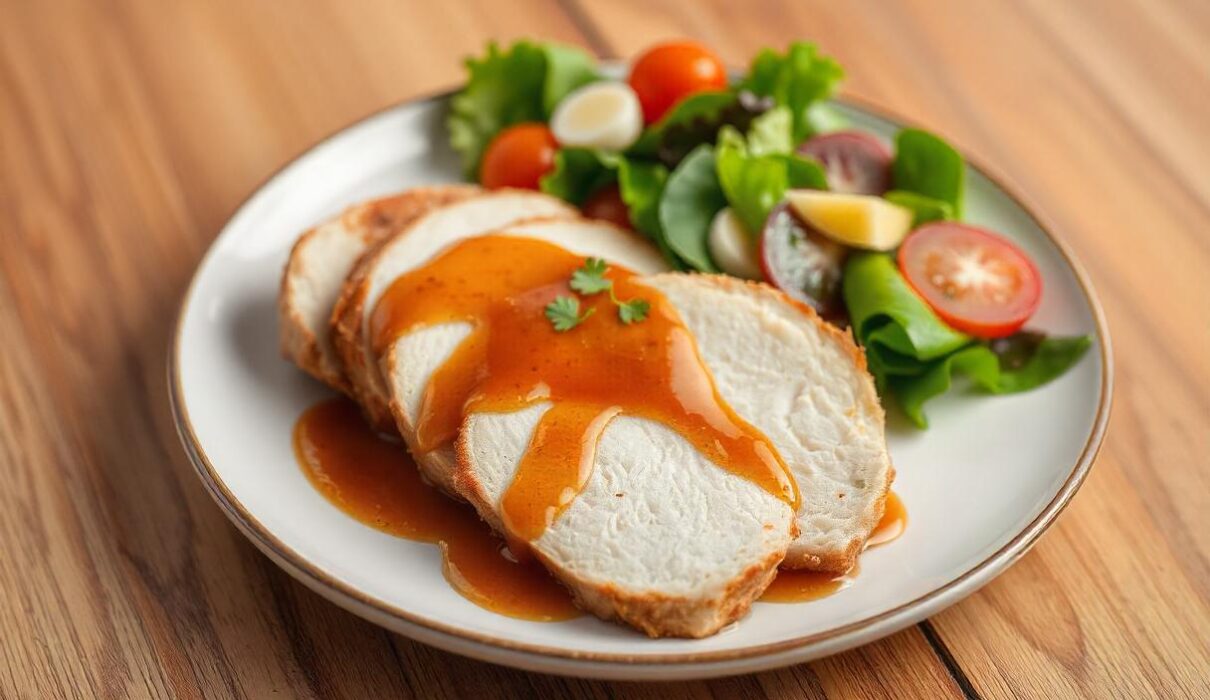
2 Comments